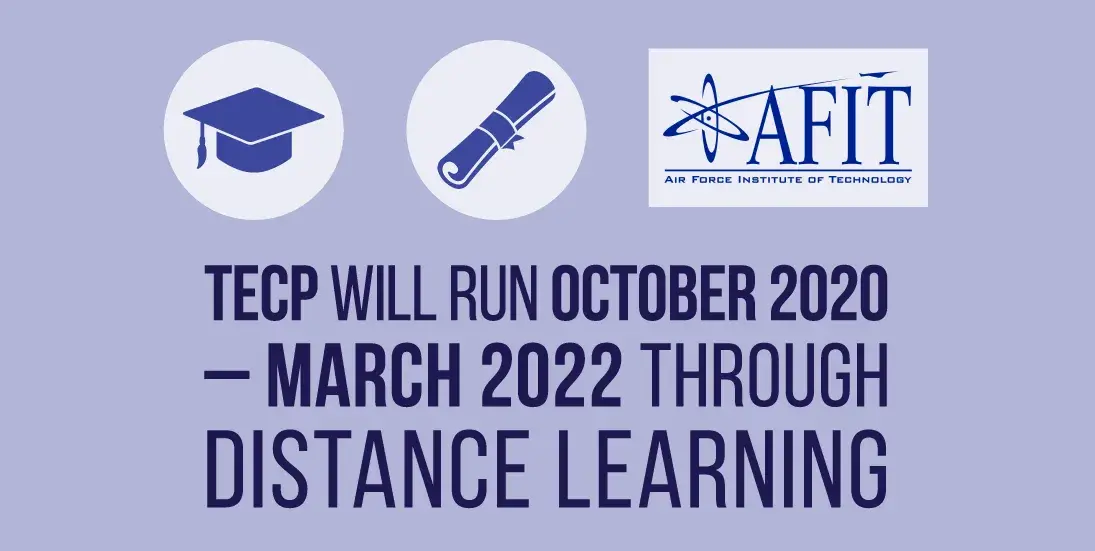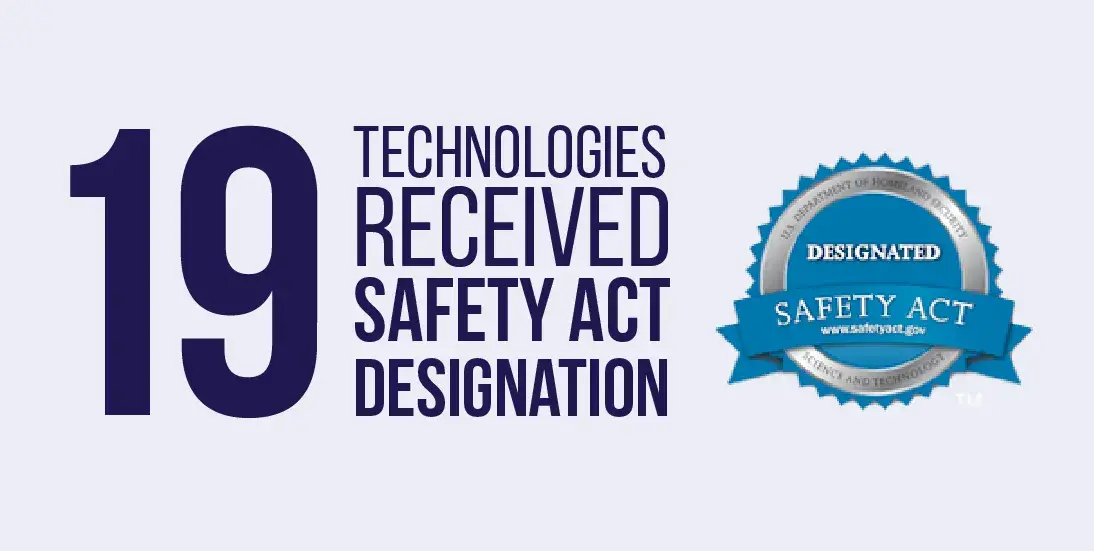Be it in times of peace and prosperity or discord and struggle, the Department of Homeland Security Science and Technology Directorate (S&T) will always support its vital missions—and that includes supporting partnerships and innovation. Here are just a few highlights from the past year:
- Partnered with Israel Ministry of Public Security to fund advanced homeland security technologies through the Israel – U.S. Binational Industrial Research and Development (BIRD) Foundation. “This is the fifth year of the program, established by DHS S&T and MOPS, supporting cooperation between U.S. and Israeli companies to provide innovative solutions and fulfill critical homeland security needs in both countries.” – Dr. Eitan Yudilevich, BIRD Foundation executive director
- Selected George Washington University to lead a new Center of Excellence that will deliver a pilot Master of Business Administration program focused on security technology transition from federal research and development to operational use. S&T will provide upwards of $5.8 million through a Firm-Fixed-Price contract to fund three cadres of 25 students.
 Facilitated new graduate-level Test and Evaluation Certificate Program (TECP) in collaboration with the Air Force Institute of Technology, which is focused on the application of operational analysis techniques and includes courses in probability and statistics, empirical modeling and operational experimentation.
Facilitated new graduate-level Test and Evaluation Certificate Program (TECP) in collaboration with the Air Force Institute of Technology, which is focused on the application of operational analysis techniques and includes courses in probability and statistics, empirical modeling and operational experimentation.
- Selected University of Nebraska Omaha to lead new National Counterterrorism Innovation, Technology, and Education (NCITE) Center of Excellence to mitigate threats to the nation’s people, infrastructure and economy. S&T will provide $3.65 million for the first operating year of a 10-year grant period.
- Launched an access-restricted Technology Clearinghouse website for conducting targeted stakeholder outreach among DHS components by providing curated information on requirements and capability gaps, testing and evaluation findings, funding opportunities and more. 471 total knowledge products posted to access-restricted and public-facing sites.
- Developed the Best Practices for Anti-Terrorism Security free online assessment tool in collaboration with National Institute for Building Sciences to support decision making for security professionals.
 Focused on outreach to women-owned small businesses and identified various promising technologies, including: a Cybersecurity Knowledge Sharing Tool and an Identity, Credential, and Access Management (ICAM) On-the-fly AccessID Network and Toolkit, which both received Phase I awards.
Focused on outreach to women-owned small businesses and identified various promising technologies, including: a Cybersecurity Knowledge Sharing Tool and an Identity, Credential, and Access Management (ICAM) On-the-fly AccessID Network and Toolkit, which both received Phase I awards.
- Executed 48 new Cooperative Research and Development Agreements (CRADAs), which facilitate collaboration between the government and a non-federal entity to leverage the expertise and resources of both parties. Of those CRADAs, 43 were with industry, four with state and local first responders, and one with a university.
- Expanded use of Partnership Intermediaries (PI) – non-profit organizations that provide support and expertise for technology transfer and commercialization activities. Two new PIs were added to the DHS network.
 Continued legacy of the Support Anti-Terrorism by Fostering Effective Technologies Act (SAFETY Act), which has enabled the development over 1,000 anti-terrorism technologies.
Continued legacy of the Support Anti-Terrorism by Fostering Effective Technologies Act (SAFETY Act), which has enabled the development over 1,000 anti-terrorism technologies.
